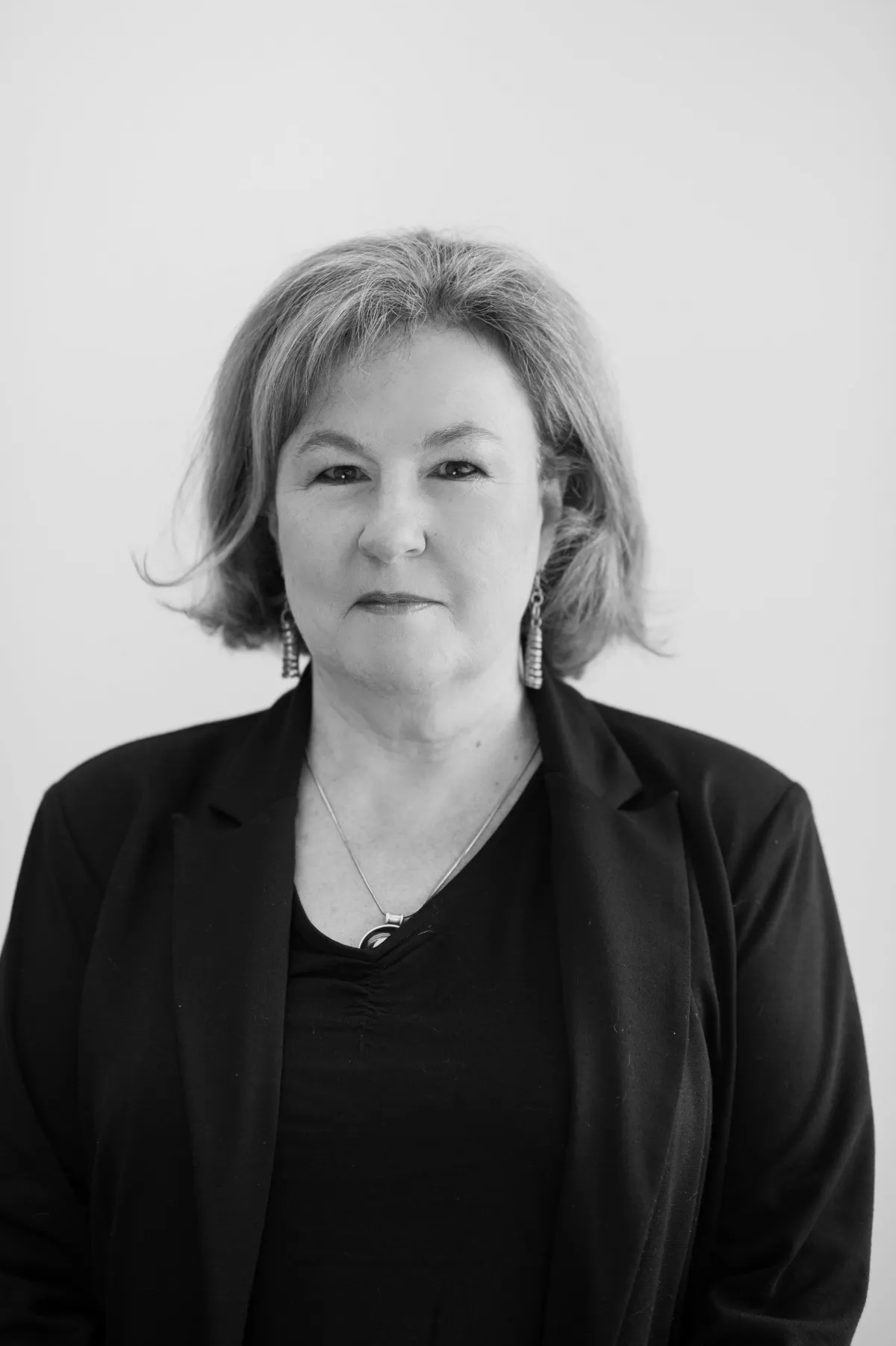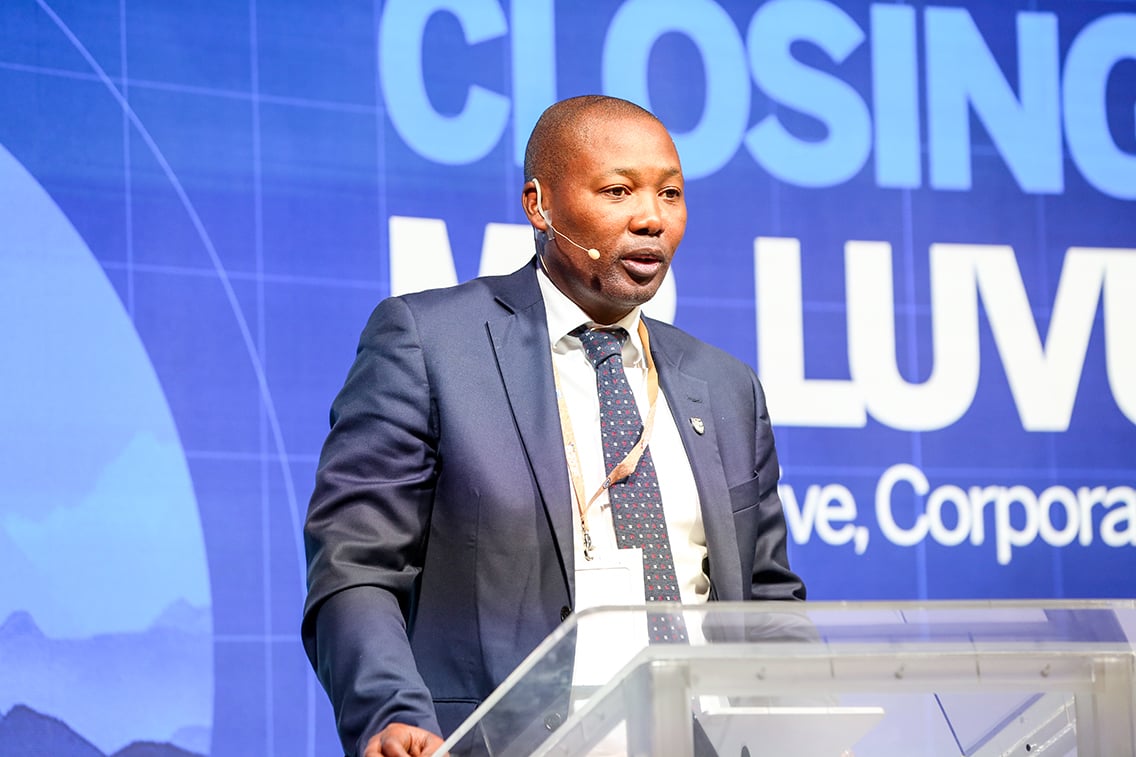This article was produced with the support of Standard Bank Corporate and Investment Banking
As weather disasters worsen and threaten economic growth, Africans are formulating new funding and adaptation strategies to future-proof companies, governments and communities. Building resilience through strategic partnerships is at the heart of new approaches to climate adaptation and mitigation efforts, as countries seek ways to combat the marginalisation of the continent from global climate and energy funding flows.
The partnership imperative
Public-private partnerships have become imperative in addressing infrastructure deficits and planning for a new way of managing natural resources. Companies are embedding better resource management in their value chains.
African nations are also seeking ways to take advantage of the opportunities inherent in the realignment of global energy security priorities. With 30% of the world’s mineral reserves, many critical for renewable and low carbon technologies, Africa currently has extraordinary leverage.
A critical look at how the continent can better position itself for investment, address risk and attract capital is needed to ensure opportunity becomes transformational.
These were key themes explored at the 5th Standard Bank Climate Summit held in Johannesburg on 9 September, an event that forms one of the cornerstones of the bank’s sustainability strategy.
An array of high-level speakers discussed critical themes at the heart of Africa’s energy transition and infrastructure development needs. Standard Bank executives reaffirmed the bank’s commitment to playing a key role in a just energy transition.
Transition must be just
Group CEO Sim Tshabalala told delegates, “It cannot be a sustainable transition if it is not a just one. We are as convinced as ever on the transition to a low carbon economy. But we all have to focus intently to ensure the transition is inclusive and beneficial for all.”
Luvuyo Masinda, chief executive of corporate and investment banking, said the bank has committed to reducing the share of its balance sheet that supports upstream oil and gas while setting a new and larger target for sustainable finance.
“Our focus is unequivocally on driving Africa’s growth and that means we support a mix of renewable and transitional projects.
“Our approach to projects that we finance is done with rigorous environmental and social screening aligned to international frameworks, namely the Equator Principles, which means we consider all risks associated with projects including financial non-financial risk, environmental and social and we take these seriously.”
Two African presidents contributed to the discussion with recorded messages.
Kenya’s president, William Ruto, said “By convening this summit you show that finance is not just about balance sheets, it is about shaping destinies. The financial sector can be the engine of resilience, innovation and sustainable growth.
“Resilience is no longer optional, it is imperative.” Progress is, however, slow because of mis-priced risk, outdated narratives, and costly capital, he said.
Namibian president Netumbo Nandi-Ndaitwah told the conference that last year the government had rolled a major relief programme to assist more than a million people affect by one of the country’s worst-ever droughts.
But the government, she said, does not have the deep pockets this requires and has instituted a public-private partnership to develop programmes to build climate and energy resilience in a country so vulnerable to climate change. “We have to act. With nothing, climate change could slow down our economy.”
Finance gap
The gap between what is needed to fund the transition and what is available to Africa was flagged as a major issue.
However, Standard Bank, a major player in the Africa energy space, and other funders are moving quickly to develop innovative, de-risked blended finance models to enable countries to meet their climate commitments and diversify energy generation sources.
Michael Wilkins, executive director and professor of practice in the Centre for Climate Finance and Investment at Imperial College Business School, said that addressing energy poverty is not just a question of capital.
“It is about redesigning financial systems so that African projects are seen as investable, scalable, and sustainable.”
And while finance is a catalyst, it cannot deliver transformation without coordinated action across five critical areas – policy reform, financial innovation, regional cooperation, skills development, and technology transfer, he said.
Other speakers highlighted the need for smarter government policy to assist the transition and to build energy diversity rather than relying on crisis management to deal with weather-driven disasters.
But this also requires a proactive focus on how to move infrastructure projects forward, from investment in project preparation and addressing market and regulatory risks to building institutional capacity and capability to drive the process.
Cohesion and collaboration
Speakers raised other priorities such as the need for public-private cohesion on rolling out infrastructure and realistic commitments and timelines, as well as the need for agility in business models in a volatile environment.
The need for regional collaboration was raised. Tente Tente, chief executive of the Lesotho Highlands Development Authority, which provides South Africa with a significant amount of water through a bilateral agreement.
Tente said investment is key in the entire water value chain from the wetlands of Lesotho to the agencies that disburse the water to end users in its neighbour.
An alternative view on climate change was shared by Dr Bjorn Lomborg, President of Copenhagen Consensus Centre, who believes that climate change will not derail an overall global trajectory towards greater prosperity, although it would slow it down. Climate change, he said, is not the end of the world as many liked to portray, but “it is one of many problems we need to fix.”
He suggested countries invest in growth, rather than specifically on climate change, to reduce vulnerability to poverty in Africa. “Poorer societies are vulnerable to everything, not just climate.”
He criticised the costs of a climate policy that aims to move the world to net zero by 2050, saying these far outweigh the benefits and the target is, anyway, over-ambitious.
Meeting climate targets
However, EU ambassador to South Africa, Sandra Kramer, said the EU was on course with its ambition to meet net zero targets by 2050, saying the region was already at 55% emission reductions. She said it is important to proceed with the transition as the issues are not just about climate change but also about health, economy and security. “Your energy sources need to be in your hands, or they can be weaponised against you.”
Masinda, in closing the event, said that the true test of the conversations lies not in the things that were said in the room, but in how they are carried forward into meaningful action.
“We have been reminded that climate change is not only about statistics or projections; it is about people, about the lived experiences of families, communities, of those who contend daily with the realities of climate and energy, and of our clients who stand at the forefront of Africa’s sustainable growth story.
“We were also reminded of the balance we must strike. We have a duty to do everything possible to mitigate climate change.
“That is a non-negotiable. Yet, we must also focus on growth because in Africa, more energy translates into more jobs, more income, greater dignity, and wider opportunity.”

 Sign in with Google
Sign in with Google 



